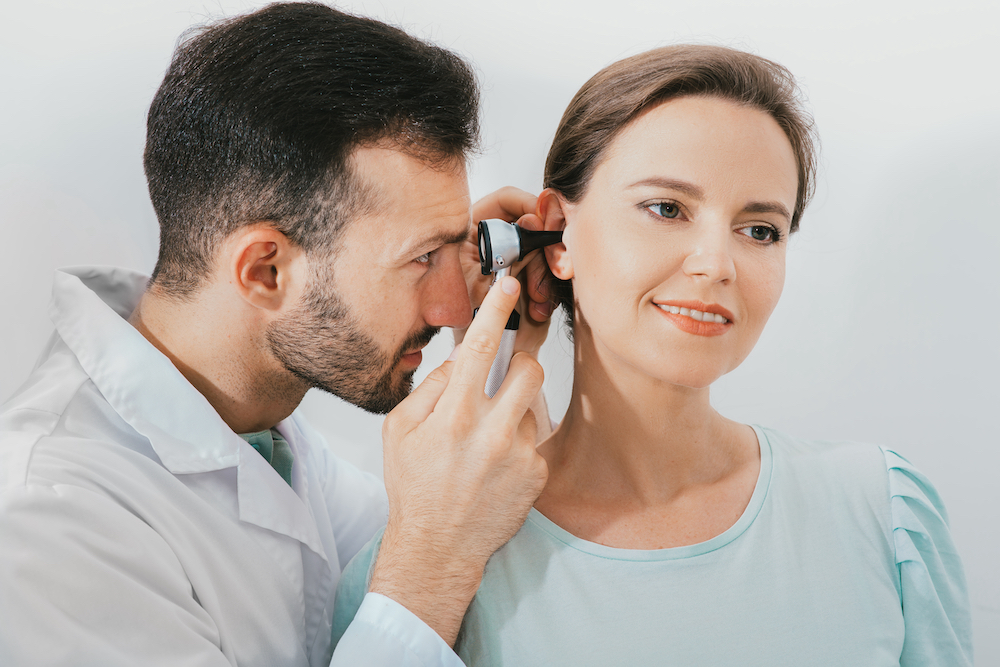The Importance of Hearing Aid Maintenance and Cleaning
Hearing aids are small devices that play a steady role in helping you stay
Local: (512) 956-HEAR (4327)


Hearing aids are small devices that play a steady role in helping you stay

Hearing loss can impact many areas of daily life, from following

Have you ever experienced dizziness along with trouble hearing? The